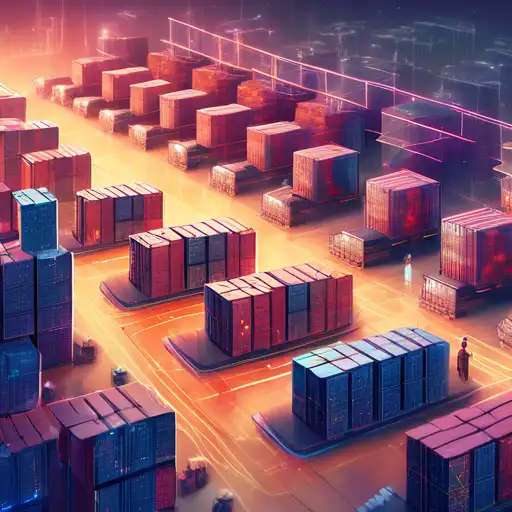The Transformative Impact of Blockchain on Supply Chain Management
In recent years, blockchain technology has emerged as a groundbreaking innovation with the potential to revolutionize various industries, including supply chain management. By offering unparalleled transparency, security, and efficiency, blockchain is setting new standards for how goods are tracked and transactions are recorded across global supply chains.
Understanding Blockchain in Supply Chains
At its core, blockchain is a distributed ledger technology that allows data to be stored across a network of computers. This means that every transaction or movement of goods can be recorded in a way that is immutable and transparent to all parties involved. For supply chains, this translates into a significant reduction in fraud, errors, and delays, fostering trust among stakeholders.
Key Benefits of Blockchain for Supply Chains
- Enhanced Transparency: Every transaction is recorded on a blockchain, providing a complete and unalterable history of a product's journey from manufacturer to consumer.
- Improved Security: The decentralized nature of blockchain makes it nearly impossible to hack, ensuring that sensitive data remains secure.
- Increased Efficiency: By automating transactions and eliminating the need for intermediaries, blockchain can significantly reduce costs and speed up processes.
- Better Compliance: With all transactions recorded on an immutable ledger, companies can more easily comply with regulatory requirements and standards.
Real-World Applications
Several industries are already leveraging blockchain to enhance their supply chains. For example, in the food industry, blockchain is being used to track the provenance of products, ensuring food safety and reducing waste. In the pharmaceutical sector, it helps in combating counterfeit drugs by providing a verifiable record of a drug's journey from production to patient.
Challenges and Considerations
Despite its potential, the adoption of blockchain in supply chains is not without challenges. Issues such as scalability, interoperability, and the need for standardization must be addressed to fully realize the benefits of this technology. Additionally, companies must consider the costs and resources required to implement blockchain solutions.
Looking Ahead
As blockchain technology continues to evolve, its impact on supply chain management is expected to grow. By fostering greater transparency, security, and efficiency, blockchain has the potential to transform supply chains into more resilient and sustainable ecosystems. For businesses looking to stay ahead of the curve, exploring blockchain solutions is no longer an option but a necessity.
For more insights into how technology is shaping the future of industries, check out our articles on Digital Transformation and Innovation in Business.
